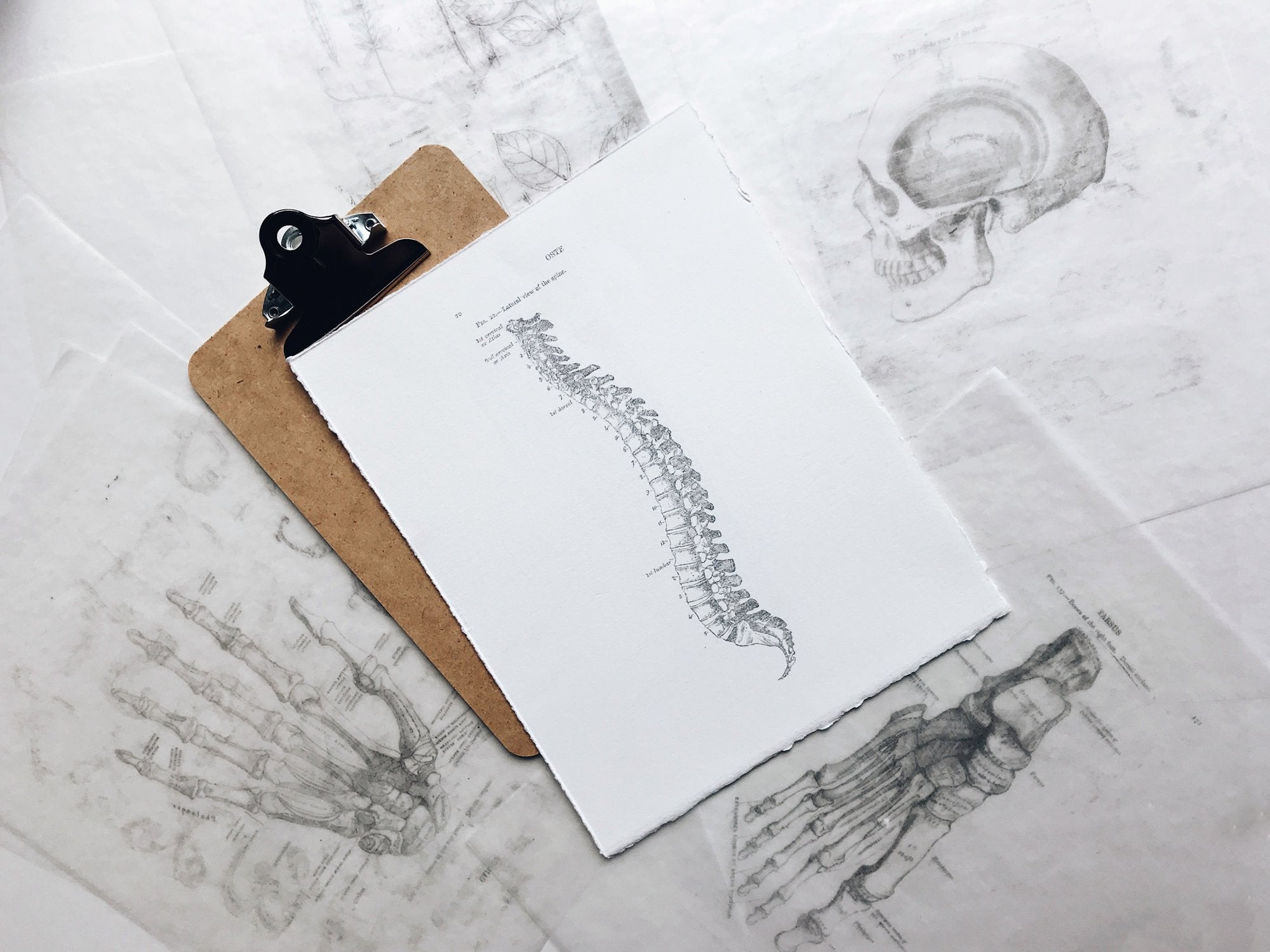
Pillow for neck pain and spinal degeneration
What kind of pillow should you use if you have neck pains or spinal degeneration?
There are many considerating factors that could cause neck pains when waking up from sleep. Some people are facing issues with spinal degeneration and might worsen if the incorrect pillow isn't properly configured for them.
To understand the root cause of this issue of not having a good sleep actually has many contributing factors, a pillow with the right height and density is just one of the many ways to help remove the possibility of a poor sleeping posture when sleeping.
Will switching over to a latex or polyester pillow helping with your neck pains or stiff neck? How much it will help will depend on the size and the shape of the pillow and it is also relative to the body structure of the person. Some research says that it helps with waking symptoms.
For over 30 years, we understand that waking symptoms associated with degenerative changes in the cervical spine can cause a poor sleep position. Other factors that contribute to poor sleep include injury, medical conditions, disrupted sleep, alcohol intake, teeth grinding and sleep apnea. Moreover, different pillow types have also been associated with waking neck pain, stiffness and headaches.
Waking Cervical Symptoms
With the evidence of cervical spine degeneration, studies discovered regular waking cervical symptoms caused discomforts like headache, Stiffness or Cervical pain or scapular pain to people sleeping on the side with one pillow. To most side sleepers, the pillows in the market would usually have a pillow height either too high or too low with accordance to their shoulder height.


Your natural standing posture should always be your sleeping posture.
(Not referring to people with extreme curvature or angulation of the spine)
For side sleepers, if you find that your neck is tilting up too much which is usually the case when getting a new pillow (with all the fillings and fluff still intact, you would find your neck tilting upwards abnormally. Try tilting your neck for a good 8 hours in the day and see if you got any signs of reduced right and left lateral flexion.
What should be a good indication of a pillow that could optimise alignment for your neck?
As long as your cervical spine is aligned during sleep with no abnormal postures for side sleepers, there would not be any issues with the pillow. However, if you realise, the height of the pillow tends to decrease in density and get lower over time which happens to all kinds of pillows out there.
This will cause very unsustainable height integrity with the pillow you sleep every time.

Get a pillow that could adjust for spinal degeneration when sleeping on the back.
When choosing a pillow that could help spinal degeneration, try to look for an area in which you feel support os present when trying out the pillow. For example, sleeping on a traditional rectangle pillow would not give ample support to the spine. Sleeping without support could cause neck pains or stiffness.

Sleeping on the back with very low pillow height relative to your body structure or even without a pillow could also cause the lower back to arch backwards.

How should a pillow support your neck and back?
To help with your spine for back sleepers, one good way to gauge a good pillow is to be able to optimise your back posture when you sleep accordingly to your back profile as well by looking at the ceiling. If your face or parallel or tilted just a bit forward. It should be fine. However, if you find your view is too much forward or backwards, then you will find discomfort when waking up.

A customisable & adjustable pillow for neck pain that helps the spine

To learn more about how Mpillow can customise accordingly to your body profile, visit www.mpillow.com to learn more and get one of the contributing factors of your neck pain gone today.
